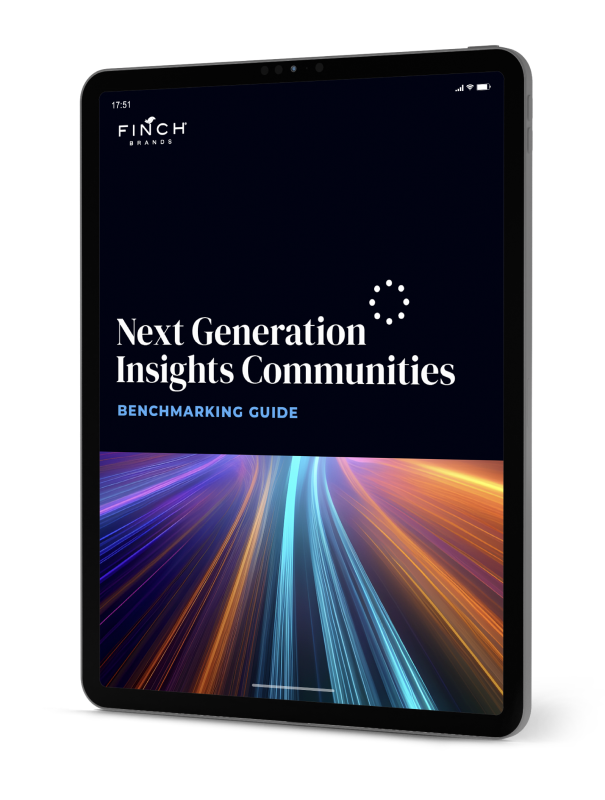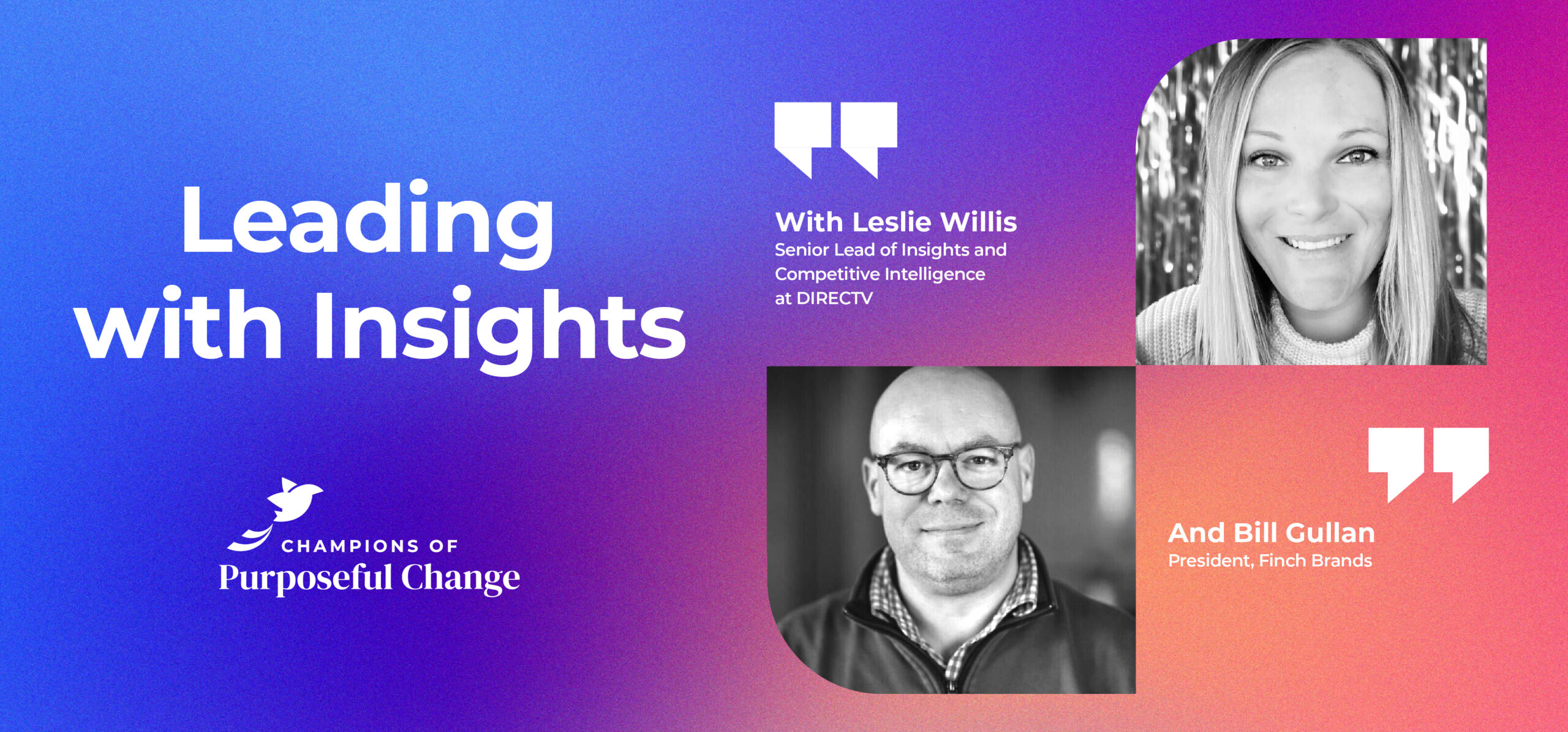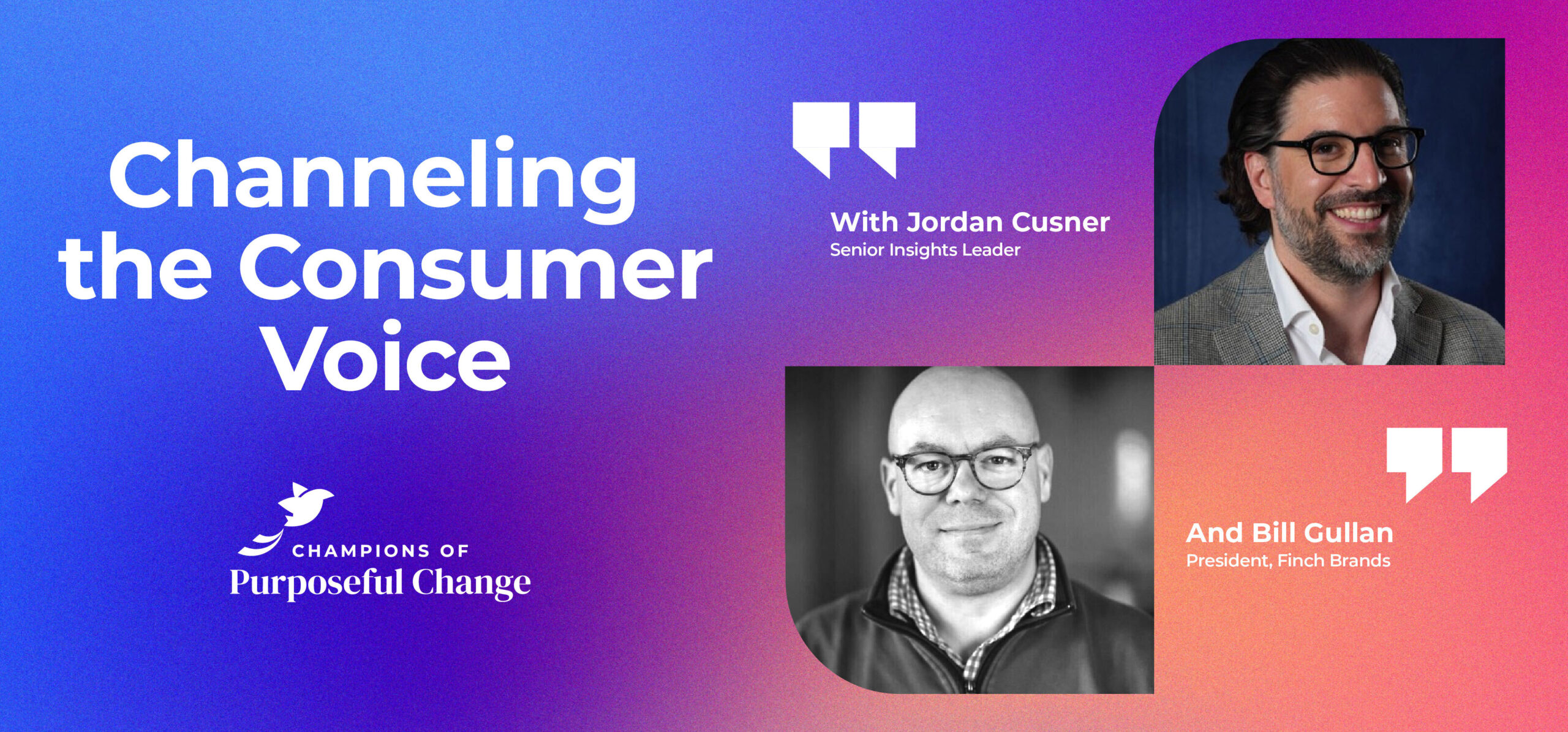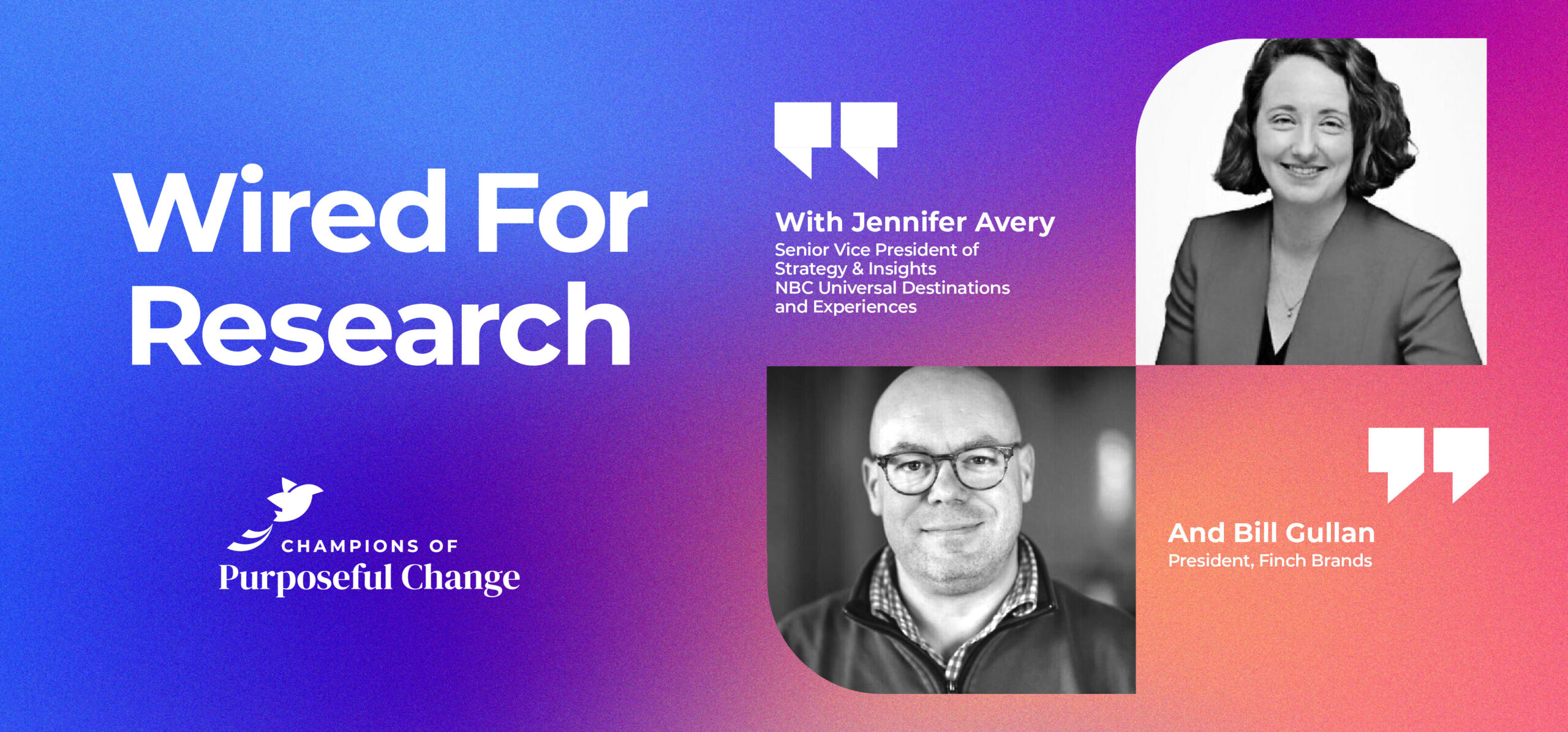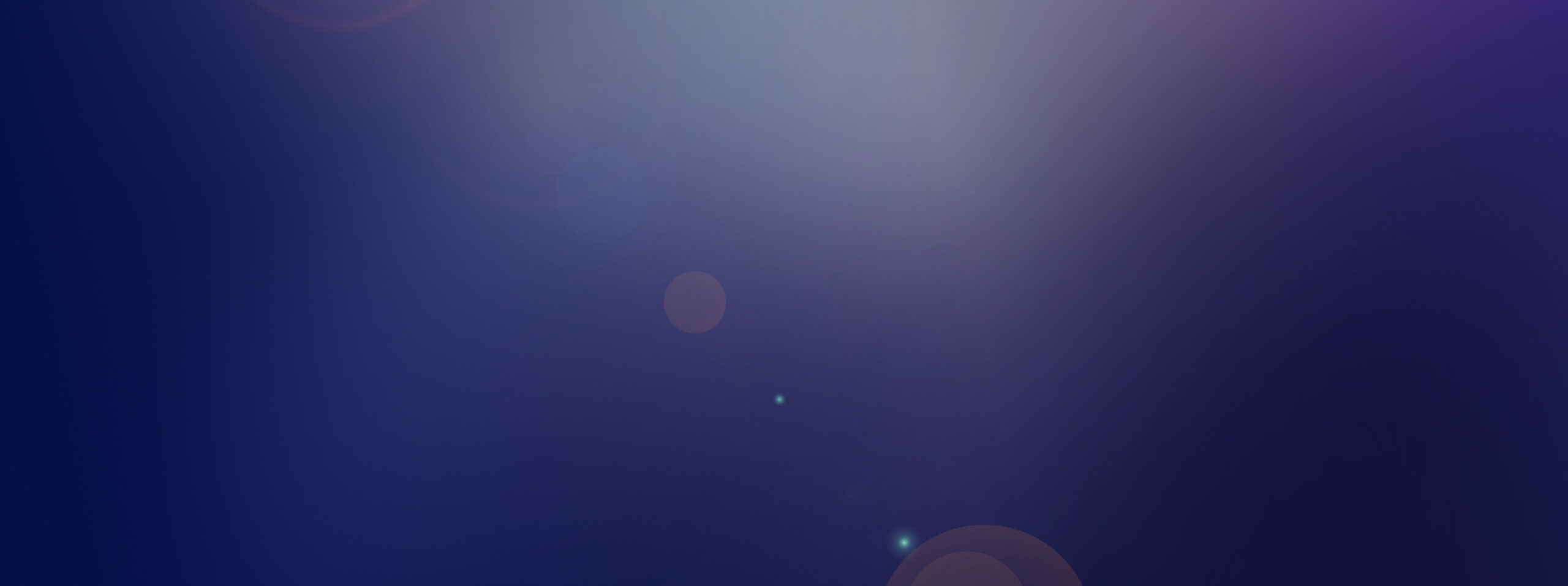Insights for Impact with David Iudica of Citi
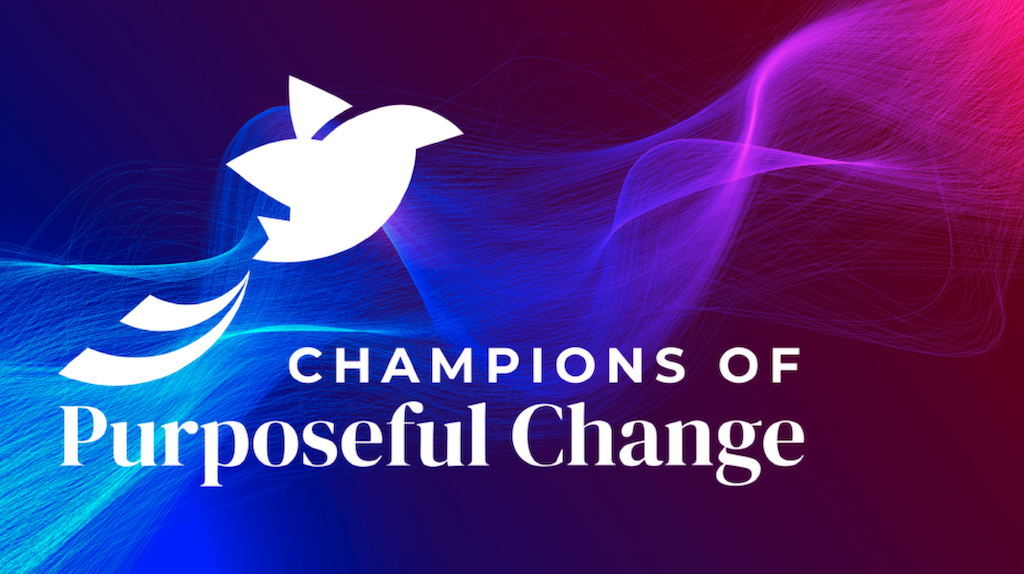
We catch up with David Iudica, SVP of Research and Insights for Retail and Wealth at Citi. Join us as David walks us through his fascinating career and discusses the tools and mindsets he finds most valuable. We hope you enjoy the show!
Bill Gullan:
Greetings, one and all. This is Champions of Purposeful Change. I’m Bill Gullan, president of Finch Brands, a premier boutique brand consultancy. We’re really happy to have you today to hear our interview with David Iudica. David is a terrific guest, currently SVP of research and insights at Citi for the retail and wealth organization within Citi. And he’ll take us through a fascinating career with a lot of work in media in the early stages, being there at key moments as the media landscape has shifted into an experience that he had at Facebook where he was for five years, again, during really critical junctures in the development of that company and all the technologies that fuel it, and then into his role at Citi. David is a prolific commenter and presenter on insights topics at industry shows and well beyond, and I think you’ll enjoy hearing from David Iudica.
So excited to have David Iudica with us from Citi. David and I are laughing because we’ve had a couple of false starts technologically, but for the sake of our listeners, we are pushing through. Showing leadership, and we’re going to get this done. David, thanks for being with us. You’re the senior vice president of, let me just get that right, research and insights for retail and Wealth at Citi. We also happen to be recording this on the day after the Knicks defeat to the Pacers, so you’re recovering emotionally, but thank you for spending some time with us.
David Iudica:
No worries, no worries. Thanks to be, really happy to be here. Thanks for having me. And yeah, I’ll try to break through.
Bill Gullan:
Yes, indeed. So let’s go back to where we started before we were interrupted, which is your career journey from an undergrad at St. John’s during the Mike Jarvis era, I think, of Red Storm basketball.
David Iudica:
That’s right. That’s right.
Bill Gullan:
And into all that you’ve accomplished on the way to Citi. Take us through it, if you would.
David Iudica:
Yeah, yeah, yeah. So yeah, I started my journey really interested in focusing in on psychology, just understanding a little bit more about how people think and why they do the things that they do. Really, my interest started in high school. I had this really unique opportunity to take an internship at a hospital in Union Square here in New York and spend an entire semester working there as a social worker. And the dynamic was kind of interesting. I came in, I was sharing an office with three people. By the time I left, it was my office because everybody in the social work team was unfortunately let go. And so I had a ton of responsibility heaped onto me. So I had to go and provide therapy for patients who were recent amputees and things like that. So really kind of got thrown into the deep end, but I loved it.
I really, really enjoyed the process. I just enjoyed talking to people and it just set me off on that. And that’s where I focused my energies in psychology really at St. John’s, and studying that as an undergrad, and had every intention and every goal to go get my PhD and do the whole nine. But interestingly enough, in my senior year of college when I was about to really embark on my journey, I was going to take a year off, work, get some money together for my PhD program so I wouldn’t be so crazy in debt by the time I graduated.
So I actually was lucky. My brother was getting married, I was the best man in his wedding. One of the bridesmaids in the wedding party was actually working at OMD and she said, “There’s an opening. I know you’re graduating, why don’t you come in and interview?” And it was a great job. It was a really great fit. It was working on sports. OMD at the time had McDonald’s, Gillette and Visa, so we did a lot of work for those guys. And just wrapping up every single season, I wrote these huge sports reports that I was able to share with them, and it was kind of a dream job coming out of college. And then I never looked back after that. It was really kind of off and running.
Bill Gullan:
And so you started when you went so-called client-side. Media, first off. Is that just sort of what you knew and the natural order of how people go from place to place? Yeah?
David Iudica:
Yeah, at OMD, it was kind of working, I did a lot of program estimation. So back in the day, we’d actually get a VHS tape and put it in the VCR and watch all these new pilots and we would kind of start figuring out what we thought the performance was going to be. Again, really fun job going to the upfronts and doing all that stuff. Just an absolute blast. But I learned a lot as well. Just learned a lot about the business. I hadn’t studied media, communications, marketing, at all in college. It was something that really I was learning on the job and on the go.
And with working with so many different clients, it really built up my interest. And towards the end of my tenure there at OMD, I was actually doing strategic planning for a couple of different brands. And so that was a different lens as well now. Focusing in less on consumer insights and more on the planning process, which was really interesting as well. Moved on from there to a small boutique firm called The Media Kitchen downtown. Met some amazing, amazing, amazing people and did some good work there. And then I got the dream job at Major League Baseball.
Bill Gullan:
Yeah, awesome.
David Iudica:
Which was just total kismet. I was on the agency side, went to a MLB party, I threw my business card in a fishbowl, happened to win two tickets to go to the World Series in ’03.
Bill Gullan:
Nice.
David Iudica:
And so when I was talking to the folks there who ended up becoming my colleagues there, they kind of put me next to my future boss. And I sat, so I took my brother down to Florida and we watched, unfortunately, the Yankees lose against the Marlins in game six down there. But I got to meet the commissioner, went to a couple of the events down there. They did such a great job, and they were so kind to me. And my future boss was a Mets fan, so we gave each other a bunch of grief during the game, which was so much fun. So I think it stuck in his brain.
He was like, “Oh yeah, that guy’s a big baseball fan.” So when a job became available, I was lucky enough to get an introduction, a different introduction from a different friend, and you know how those things go. And I landed there. I was one of two people there on the research side, built a consumer panel there, did a lot of really awesome work. It was also during the steroid era, so it was a little bit of a interesting dynamic.
Bill Gullan:
Yeah, no doubt.
David Iudica:
A lot of the work that we had to do, but we got to do some cool work on the Washington Nationals. The commissioner’s office was owning the team at the time when the [inaudible 00:07:32] was there, so we got to do some really awesome work there. And just standing up a lot of different parts of that organization with a lot of really awesome and passionate people. Just everybody there was a huge baseball fanatic, and what can be better than talking baseball?
Bill Gullan:
Totally. And as a Philly guy, we may not agree on the NBA right now, but we can agree that Mets fans are disgusting and the Mets in general are disgusting. But yeah, super. What a cool job also. Yeah, certainly during the expansion era with the Nets, but also this was like ’04 to ’07, I mean, this was probably the emergence of their digital strategy, I would think, and a lot happening that was external to MLB. Super cool. And doubling back, you had this PhD psychology dream. Was there a moment when that dream died, or did you just keep going from role to role and figured-
David Iudica:
You know, we’re…
Bill Gullan:
And then how did insights awaken for you as being where you wanted to spend your time?
David Iudica:
I think I’ll answer the last question first because it kind of leads into why I just stuck with it, because insights became a real passion for me. And when I was at OMD, although I was doing a lot of that work, really focusing in on the buying and selling of media, I started getting plugged into a lot of consumer insights work.
And I just sunk my teeth right in. I mean, I just absolutely loved that work and just getting to know a little bit more about buying habits, but then even going beyond that, just thinking about macro trends and shifts and things that were happening. And I’ve been lucky enough to experience firsthand a lot of shifts in not just media, but marketing and product consumption and things like that. So really was able to kind of discover that at OMD and then double down on it at Baseball, to be honest with you, because I think we were, like I said, a lean, mean team there on the inside side. But that just gave us an opportunity to do some really cool work and just get into the minds of our fans and not just think about what was happening today with the game, but really thinking about what might happen next.
And that’s I think the thing that excites me the most and what’s kind of led me into all these different journeys in my career, and that’s kind of what led to me moving away from the PhD dream is I just kind of kept progressing in my career and getting all these really interesting roles. I just couldn’t see myself taking a break from that to go back to school as much as I loved it. And I found different avenues to satisfy that angle of my life in terms of just being able to help people and do things like that. So I was able to kind of satisfy both needs.
Bill Gullan:
Definitely. Well, the through line from psychology to insights is a fairly linear one for many that we’ve met along the way. And so from MLB, that incredible job, through TV Guide through MTV networks and through Yahoo and then CNN, but then to Facebook. Could you talk a little bit about, these are obviously all organizations with varied needs, and there’s probably some commonalities in the toolkit, but Facebook obviously a merging and meaningful tech sector. Tell us about the path to Facebook, and again, to the degree that you are comfortable disclosing things that aren’t proprietary, sort what you found when you got there and what were some of the things you were working on?
David Iudica:
Yeah, I’m happy to. So yeah, the path to Facebook was interesting, for one, because when I was at Baseball, I worked at the commissioner’s office and we were doing some work on digital, but not really all that much. And so I wanted to sink my teeth into what was this new thing with digital. And so the TVGuide.com job was a fantastic window into that, and it was a great opportunity for me to meet, again, a lot of really amazing people who’ve gone on to do some amazing things in the industry. But then just learned a lot about a whole new and different part of the industry while providing guidance in a really important sector and a really important part of the arc of that brand. So that was just a great opportunity. It was really awesome, just the insights we were to build. I mean, we were real scrappy.
We built UX lab in our conference room and we were just doing a lot of really cool stuff that kind of opened the door for the next job. And when I worked at Viacom, it was a lot of the same things. Met a lot of really interesting, met my mentor and did a lot of really awesome work there as well, and just continued to evolve it. And we built a panel at Viacom. We started doing some consultative work with our clients there. And that same effort is what I’d took over to Yahoo. Actually, my boss at Viacom brought me over with her to Yahoo, and we were able to do some really awesome work. It was six years there, it was five different CEOs.
It was a lot of craziness, but I think if you meet anybody that worked at Yahoo, it’s the most fascinating thing I’ve ever seen. Everybody continues to say they bleed purple, and it’s not even cliche, just everybody absolutely loved it there because I got to meet some of the most amazing colleagues I’ve ever had. I just absolutely loved the experience. And obviously we went through some turmoil towards the end and it got a little crazy, but honestly, there’s just lifelong friendships that I’ve made from that job.
But in that job, there was a whole arc there. I worked on the product side, I worked in strategy, I worked as a marketer for a little bit, and then finally leading thought leadership research there for the last two years. And all that was talking about all these shifts that were happening and there were so many of them that we’re at the forefront of, and so that was an absolute blast. And then with CNN, it was heading up an ad sales research team there, going over there to work on the digital business and doing things like that we didn’t count on. I joined there in November of 2016, which was, I don’t know if you remember.
Bill Gullan:
Wow, I knew.
David Iudica:
A bit of a consequential time in our country’s history, and so everything changed after I got there. And I did a lot of work on brand safety and talking about how important news is to the future of our country more holistically, but then more granularly talking about the benefits that it could provide to advertising partners. So really kind of had to dive feet first into that. And how Meta happened was interesting. It was an old colleague of mine from Yahoo who talked to me about the opportunity.
And the thing that she said to me that really kind of sparked the interest in my brain was she’s like, “Remember that feeling that you had when we first started at Yahoo where everybody was just talking to each other, super collegial, helping each other out, building each other up and really building this amazing organization?” She said, “Well, that’s what we’re doing here.” And that’s all she had to say. And I was all in at that point because it’s a unique feeling to have while you’re working to have that feeling where you’re not competing so much with people that you’re working with, but you’re really working towards something really amazing.
She was definitely not lying. Once I got to Meta, that’s really what it was. I joined Meta also right after a bit of a consequential time in the history of that company, like post-Cambridge Analytica in consumer insights. And so I was lucky enough to work with some amazing, amazing people rebuilding that as a functionality to share with our stakeholders. We built a consumer journey research for 60 subverticals in 18 countries worldwide. And we were able to build a solid infrastructure of internal data and internal metrics that was responsibly collected and was able to be shared with our clients at the most critical time during COVID when we were, if we had phones, our phones would’ve been ringing off the hook-
Bill Gullan:
Yeah, no doubt.
David Iudica:
… with folks trying to figure out what the heck was going on in the world because things were changing and they were changing at such a rapid pace. So all the hard work that we did to stand that up really was really experienced during that timeframe, and it was such an amazing and interesting time at Meta for sure, moving and progressing towards that. You start talking about data governance, that wasn’t really something that I had a whole lot of experience with prior to joining Meta, but really became an expert and kind of brought that level of thinking here to Citi as well, just talking about highly regulated environments and financial services. So it’s been really fun just in terms of thinking about providing different ways of thinking about approaches to research in all the different places I’ve gone, and Meta being a really prime example of that.
Bill Gullan:
Yeah, what a story. So here you are at Citi, you’re about a year in, you mentioned heavily regulated environment. Obviously there’s things that are proprietary that I won’t ask you to disclose, but what have you found just from a researcher’s perspective? You’re on the retail and wealth side. How’s it been, the year in?
David Iudica:
Yeah, no, it’s been awesome. I think a lot of the ways that I make my decisions in terms of where I focus my career is based off of the people that I would work with. And I’m lucky I’ve got an amazing boss and she’s just super smart and just really collaborative. The thing that I found, it’s fascinating moving to the client side, because I was doing a lot of consulting at Meta. It felt like really just going in and talking about these really big projects and these big topics, but I would dive in and then pop out of those businesses, not really fully immersing myself in the challenges of that business and really trying to help solve them.
That’s been the most rewarding part of this role so far in the year that I’ve been here, is just working in the customer experience group, focusing in on customer challenges and taking just the really insights and research-led approach, which is the way they do things here at Citi to make recommendations and help be focused on the consumer. And it’s all about, from my perspective, it’s really just being the voice of the customer in all those rooms. And that’s the expectation too. So it was a great fit from that perspective. I expected to play that role, and that’s the role that I was expected to play by all the folks here. Just all the different partners that I’ve worked with so far.
And you talk a lot about, I know I’ve been in conferences and webinars and panels where we talk a lot about selling in the idea of insights and selling the idea of what we do and providing those insights and the intelligence and the customer intelligence to our partners. That’s the big piece that’s been kind of glaringly obvious to me is that we make these recommendations, and then I look and I see change. And almost immediate in some cases. Or it’s just introducing a different way of thinking through the insights and through the voice of the customer, and so that’s been super rewarding. I got to say. It’s a different experience. It’s a different way of looking at it. And so yeah, it’s been great so far.
Bill Gullan:
Well, a lot happening in financial services whether it’s the power of digital experiences and it’s just brokerage and wealth management in general with new competitors and new approaches and new investment vehicles, as well as some of the traditional kind of banking and traditional in some ways, but being delivered and never progressive. I mean, for someone who has been part of such innovation in all the places, I would imagine there’s a heck of a lot of that at Citi too.
David Iudica:
Yeah, the thing about innovation and all these different changes is that you really have to focus in on which parts of it you really have to hone in on and what’s going to be the most impactful, because there are so many things that are changing. There’s nothing that’s more reliable than disruption in today’s marketplace. And not to mention all the talks about inflation and interest rates and all this other stuff. I mean, there’s macroeconomic shifts that are happening that are impacting our customers’ day-to-day lives, and then there’s varying expectations in terms of customers and what they expect of not just banks, but of brands generally. So it is an amazing ecosystem to work in right now because you really, I think our jobs as insights leads have never been more important because things, like I mentioned before, it’s tremendous amount of disruption. It’s really, you go dizzy just thinking about all the things that have changed just in the past 10 years.
Bill Gullan:
Yeah, no doubt. Not to be self-serving, but a couple things you mentioned along the way, and a couple stops from MLB on panels and communities seem to have been a tool that you’ve accessed where appropriate along the way. What from your perspective, are I guess the benefits of a panel done well or of a community done well? Are there certain ingredients that result in the impact of a methodology like that? Any sort of reflections from that road?
David Iudica:
Yeah, yeah, definitely. I think I was lucky enough, the first community that I built was at Major League Baseball, and there’s some pretty avid fans of Major League Baseball, so that was one of the easiest panels to fill up that I’ve ever had. And then getting consistent feedback, I mean, when you’re talking a 40 to 50% response rate for your survey, that’s pretty darn good.
Bill Gullan:
Pretty good, yeah.
David Iudica:
And so yeah, I got spoiled I think in the beginning, and it kind of corrected my mentality a little bit afterwards in a couple of different experiences there. But I think the benefits of the panel are a couple. One, we mentioned disruption, we mentioned all this stuff. Being agile and being able to quickly hone in on insights is massively important. I think that’s a no-brainer at this point. I think that’s what the panel really does deliver to you is the ability to quickly dive in, get a really quick read, and then get quick insights following that. There’s been so much innovation within the panel ecosystem that we got real creative with the way that we used our panels. In a couple of different experiences, we would provide it as an added value tool to our clients.
So we would actually almost act as insights consultants with some of our key partners. So if they reached a specific threshold of spend, it would open up that opportunity. And so we would partner with a lot of really interesting brands. We did some amazing research, and if you maintain your community well enough, there’s no limit to what you can actually get from that group. So yeah, I think it goes beyond agility because I think there’s a lot of that for sure. But I think depending on what the panel is, we’re doing some work which hopefully we’ll be able to share out more publicly with our own community right now, which I think is fascinating. It’s an awesome opportunity to be able to get really under the hood and understand a little bit more about what moves people over the course of a year.
Bill Gullan:
Excellent. We’ll look forward to hearing about that. Another thing that you’ve been a very sort of prolific contributor to the industry conversation that shows and through other thought leadership vehicles like this around is just sort of shifts in the insights toolkit. AI is something that you have and are speaking on. Again, I know there’s certain things you can’t share, but any reflections or thoughts about the potential of AI? I mean, and there’s obviously tactical elements, just work process elements that AI contributes to. But there’s also a lot, we think, as it relates to really sort of understanding whether it’s system unthinking, or whether it’s deeper emotional terrain in terms of that you don’t get perhaps best by just asking consumers how you feel. Speak about just AI from your perch, kind of how you’re seeing the world.
David Iudica:
Yeah, I think one of the last talks I gave around this was really focusing in on maybe more of an optimist view of AI and thinking about it more from the perspective of, “What can this do for us?” I see it very much as an assistant, a very prolific assistant at that. And what it can actually do for each one of us as researchers and how it could benefit our overarching approach to insights, and to getting to the insight most importantly. So I talk a little bit about the history of research, and the fact that we’ve been confronted with these huge innovations and we’ve worked through it and we’ve figured out exactly how to work it into what we do, because at the heart of what we do is really being curious about what people do and why they do it.
That now is just another tool in our arsenal to be able to do that. We could do it in really creative ways now, which is kind of inspiring I think to me. I’ve always been a fan of trying things out and experimenting and running experiments. I think in the last talk I gave about this, I likened it a lot to kind of the neuro-insights. There was this huge explosion where there were all these different vendors that were coming in and talking a lot about MRIs, fMRIs, all this other stuff. And I am not a neurologist or a neuroscientist by any stretch of the imagination, but I was being asked to make decisions on, “Who should we partner with?” And, “What should we do here? Is this real?”
I don’t know. Not very many people experience ads in an MRI machine, so I’m not sure how real that experiment is, but I understand the theory behind it and everything else. And I think there’s, as long as you center yourself in that kind of human truth and what you’re really trying to learn, and then just lean into the baseline of what you are as a researcher, validation, data validation, and repetitive experiments and getting the same results and really trying to pressure test everything that you do, then you’ll land in a great place. And that’s exactly what we did. We were able to work with folks in the neuroscience space that were just brilliant.
And they filled in the gaps of my intense lack of knowledge in that space, but were able to really deliver data to me that I was able to really focus in on and understand a little bit more about why people are thinking the way they’re thinking. So I liken that a lot to what’s happening right now. There’s an explosion of tools. There’s everybody, I was joking about this in an internal meeting the other day. We were talking a little bit about trends, and I’m like, “Well, we can’t have a meeting about trends without talking about AI, so here goes my little AI take.” And so it is definitely the topic du jour, but there’s a potential there that is super fascinating, and I see it already impacting some more streams and how things are moving forward for a lot of our partners. And so I’m just curious to see where it goes next.
I think, again, I’m a bit of an optimist, and so I think we’ll collectively figure it out. But I think the impetus that I tried to put in that talk was it’s really up to us at this stage because the tools are there at our disposal. We need to question things. We need to be properly armed with the right questions to ask. And oftentimes that is the challenge when speaking. Again, I’m not a LLM expert. My expertise lies in different areas. And so when approaching and having these conversations, and I was lucky enough to be able to consult with a group around this as well, it’s about knowing what questions to ask. And if those questions don’t get answered the way that you need them to be, then you kind of have your answer there in terms of whether or not those folks are going to be good partners.
Bill Gullan:
Yeah, it makes sense. Makes sense. And yeah, there’s a lot that we will learn together and hopefully figure out together, and it’s fun. Industry shows, for example, are maybe now more than ever, it’s really interesting to hear what people are up to and how they’re viewing it, and whether it’s AI or other trends, just different approaches. But to your point, there’s a basic undercurrent of curiosity, and it’s just about how you deploy the best thinking to further our goal.
David Iudica:
And I think that’s just our nature, right? As researchers and as folks in the insights world. We’re just curious and we want to know more. So when you present us with a cool toy, we’re going to want to play with it.
Bill Gullan:
Absolutely.
David Iudica:
I think, and that’s our job is to play with it, but really make sure that we’re taking a vertical eye to it because you don’t want to innovate for innovation’s sake. That’s the worst thing you could do.
Bill Gullan:
No, agreed. I can say this as the husband of a PhD clinical psychologist who’s teaching college now that I’m glad that we saved you from the faculty lounge or wherever you would’ve ended up. And I need to keep my promise to you in terms of time. So many of our listeners, we think are folks who are starting out or starting over who will be inspired by the path you’ve taken, David, and all that you’ve shared with us, which we’re grateful for. You mentioned the importance of personal relationships and working with people that you like and respect. You’ve mentioned how you went from job to job in some cases with certain colleagues and leaders, and that was an important element in determining which are the right moves and choices. But any words of wisdom either related to that or something else that have kind of been front and center for you along your path that you’d want to share with others who are just beginning to kind of take their own course?
David Iudica:
Yeah, I think right now more than ever, the important thing is about being curious and being informed. My first boss gave me this really great advice. He said, “You don’t have to be an expert in one thing, but you need to know about everything.”
Bill Gullan:
Yeah, sure.
David Iudica:
And so I’ve grown some expertise in a bunch of different places, but only because I’ve stayed curious and only because I’ve just studied the hell out of it. And it’s really led by that curiosity. So if you’re not curious about the things that you’re learning about and things like that, it may not be the right fit.
And that’s okay, right? And that’s okay, because that’s really part of the journey. I mean, I’ve literally, I didn’t go into it, but I’ve worked in every industry to mankind. I’ve done so many different things, and all of it landed in this space because I was just looking for the right fit for me. And then in terms of working with the right people, I mean, you spend so much time at work. You need to work with people who you respect and who you like, and you don’t want to tolerate your job. You want to enjoy your job.
And if you want it to become a career, then you really need to love it. And so I think that’s the big piece of advice I give all the people that I mentor as well, is just if your heart’s really into it, lean into the people around you. This is an amazing community. The research community is a phenomenal community. There was a very small amount of us back when I first started. As you can tell, there’s a lot of gray hairs in my beard. So that was some time ago. There’s so many more folks now, and I think I just continue to be inspired by them and just leaning into them for advice. And if I can help anybody over the course of that journey, my LinkedIn profile is always available. And I’m happy to, and I have really engaged in conversations with, in some cases, perfect strangers who know a friend of a friend, because I think that’s so important.
Bill Gullan:
Right. Well, thank you. And thank you for sharing with us today. And you and I surmounted, we hope, we’ll see, but surmounted the tech challenges that we were presented with and we’re really grateful. And it’s a pleasure to hear about the paths you’ve taken. And to your point, this sort of linear, the only thing that’s sort of linear about this is just curious and good people. And I guess people, if you wind up in a place and it’s not right, you’ll know it’s not. You sort feel it.
David Iudica:
You know real fast. You know real fast, for sure.
Bill Gullan:
That’s true. Good. Well, hopefully you felt that our time was right and we’re grateful for it. And good luck to the Yanks. Hopefully the Phills and the Yanks will be together in October.
David Iudica:
That’s right. That’s right.
Bill Gullan:
Once again, it’s the 15th anniversary of ’09, which I’m still kind of pissed about.
David Iudica:
I was there at the stadium when it happened. So it’s a great, I think that’s a good spot to finish.
Bill Gullan:
Indeed. Thank you, David.
David Iudica:
Thanks, Bill. Have a good one.
Bill Gullan:
Good day.
Many thanks to David for his time and insight and taking us through what he’s working on, but also all of the really interesting stops along the way that have been sort of part of a really cool career. So thank you, David. As always, three ways to support us here at Champions of Purposeful Change. The first is to, within the podcast app of your choice is to rate and review. We love the feedback. It also helps us get found, so feel free to hop in there and let us know how we’re doing. In addition, if you click subscribe within said app or store, you will not miss a single episode. We’re back on a monthly cadence here. That’s sort of our goal at this point. And we’ve really enjoyed bringing forth these new interviews every month with insights leaders and others who are having a profound impact within their organization, often in ways that are not historically visible, but deeply impactful nonetheless.
And we’ve really kind of centered the insights role and profession as folks who had that kind of impact. So subscribe, clicking that button. Make sure that every time we have new content, it floats magically down into your phone or however you listen to podcasts. And we’re grateful if you do that. And then the third way, as always, let’s keep the dialogue going. If you have ideas for future guests or topics or want to join the conversation or start a new thread on X, I guess we’d call it now, Twitter, @BillGullan, @FinchBrands, any social channel, through email. We’d love to hear from folks to make sure that our content is valuable. And again, as noted, as practitioners, as folks who are interested in the space, we love the thoughts of people, not only how we can be most helpful and interesting to you, but also your thoughts on some of the topics that we cover. That should be it. Thank you for joining us on Champions of Purposeful Change, and we will sign off from the Cradle of Liberty.

